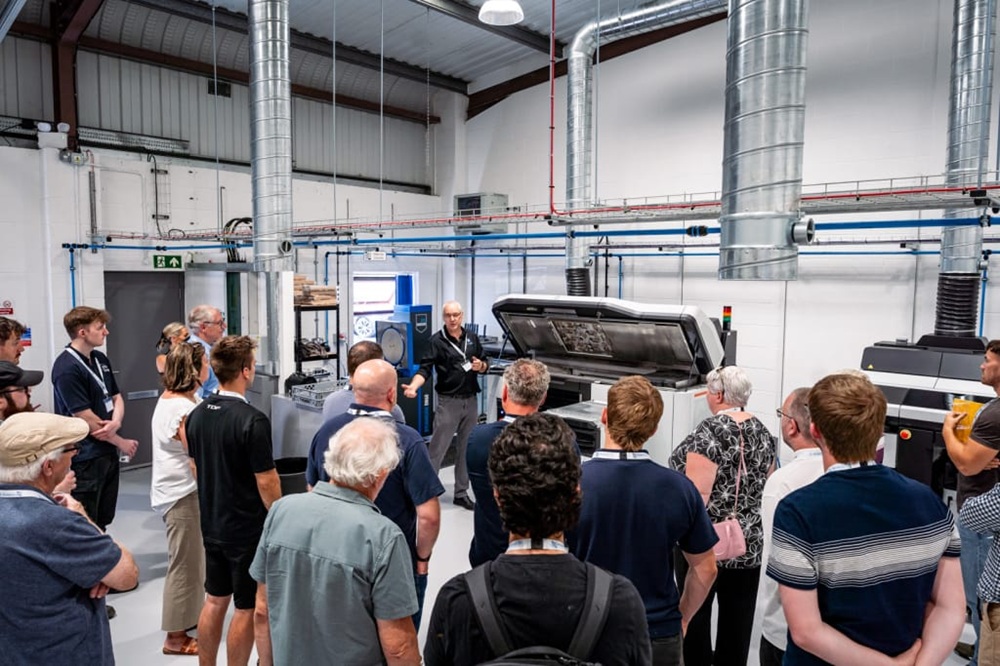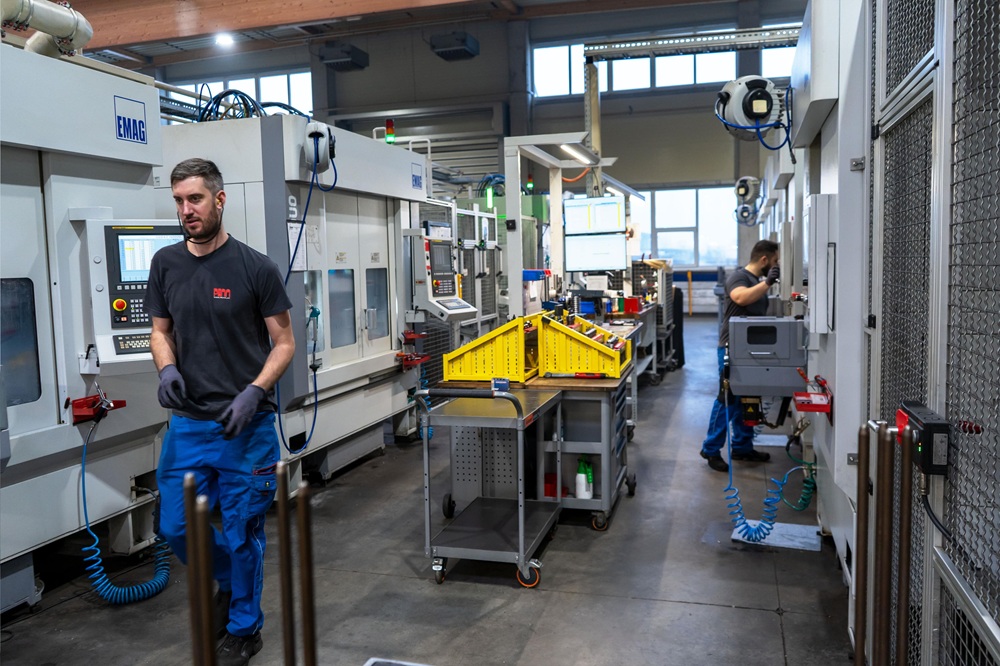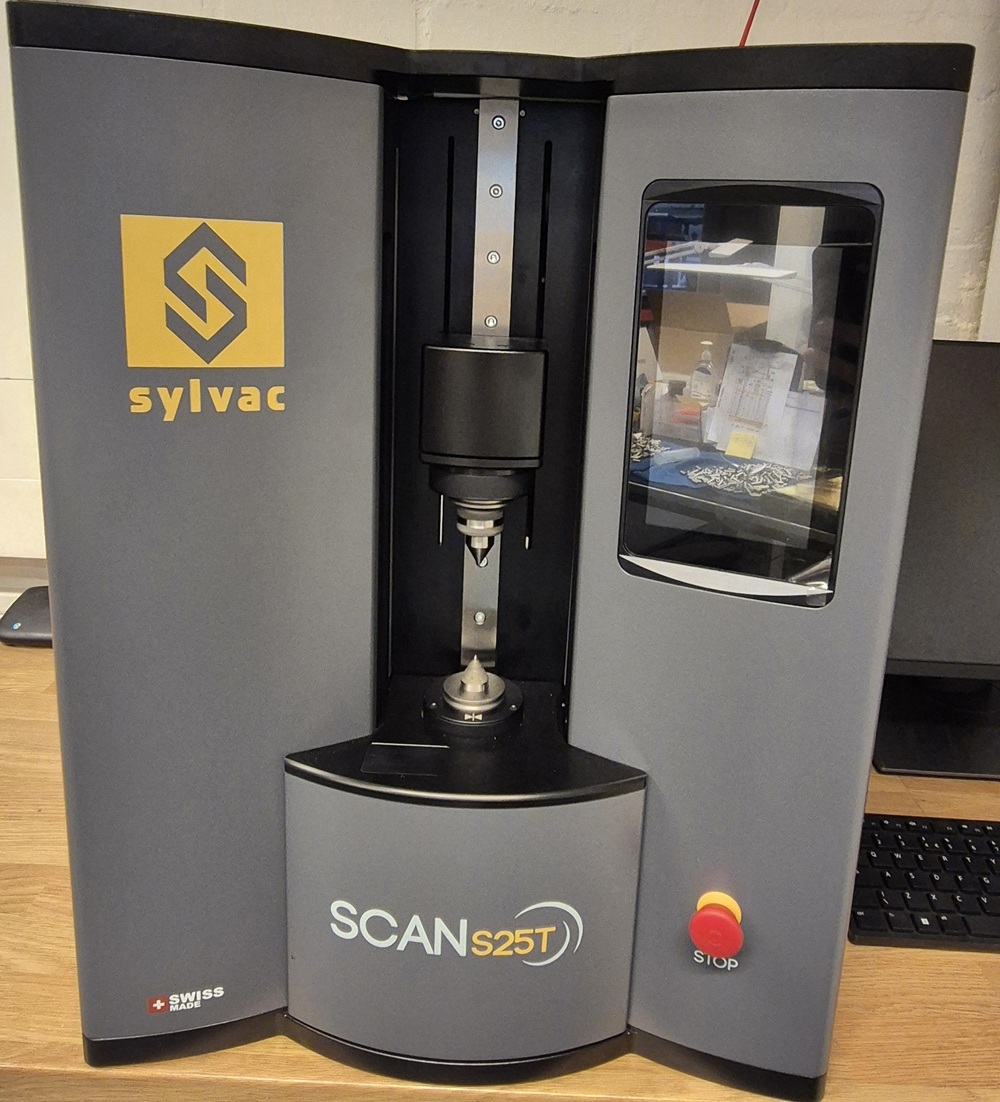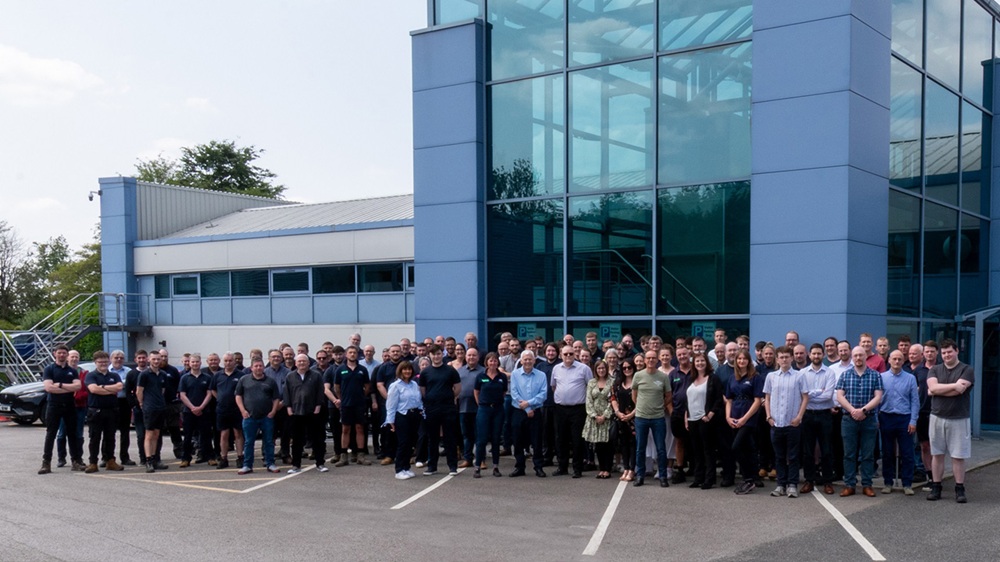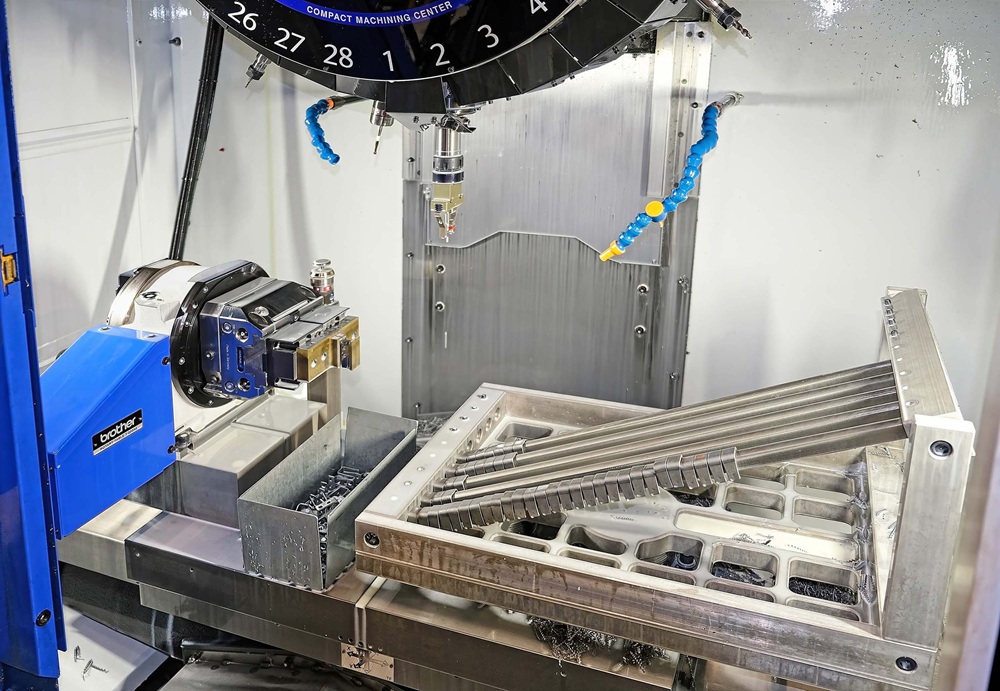Martin Precision Ltd, a supplier of precision-engineered components and assemblies for the aerospace and defence sectors, has strengthened its quality control processes with the integration of advanced metrology solutions from Bowers Group.
Supplying industry giants such as Rolls-Royce, Incora, Siemens, Farsound and Leonardo, Martin Precision invested in a suite of metrology tools, including Sylvac Scan 25T and Sylvac Scan F60T optical measuring machines, a Baty R14 profile projector and Bowers XT3 Holematic bore gauges, which have been a trusted solution in its operations for over a decade.
Alan Muir, quality manager at Martin Precision, says: “The Scan machines have proven to be reliable, user-friendly and highly accurate for the tolerances and sizes we work with. They have significantly improved our inspection efficiency, making them a valuable addition to our operations.”
The Sylvac Scan 25T and F60T optical measuring machine play a crucial role in final inspection, ensuring batch consistency and compliance with strict industry standards. Meanwhile, Bowers XT3 Holematic bore gauges are used throughout production and inspection testing to verify the internal dimensions of key components such as bolts, unions and small fasteners.
To enhance efficiency further, Martin Precision uses pre-programmed measurement routines at the final inspection stage, allowing for seamless batch processing and accurate digital recordkeeping. These records are vital for securing First Article Inspection Report (FAIR) approval and maintaining the company’s stringent quality assurance standards.
With the daily use of Sylvac Scan machines, Martin Precision has experienced significant improvements in accuracy, reliability and inspection speed. The company has successfully reduced inspection times, allowing for a more efficient workflow.
More information www.bowersgroup.co.uk






